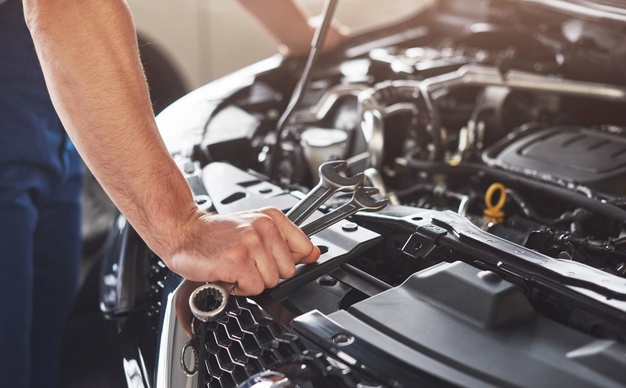In today’s fast-paced world, where we rely heavily on our vehicles for daily commutes, errands, and travel, ensuring their proper maintenance and servicing is paramount. Vehicle servicing encompasses a range of tasks aimed at keeping your car or truck in optimal condition, maximizing its lifespan, and ensuring your safety on the road. From routine oil changes to comprehensive inspections, every aspect of servicing plays a crucial role in the overall performance and longevity of your vehicle.
Table of Contents
Importance of Regular Servicing
Regular servicing is not just about adhering to manufacturer recommendations; it’s about safeguarding your investment and prioritizing safety. Neglecting routine maintenance can lead to a host of issues, including decreased fuel efficiency, increased emissions, and, most critically, mechanical failures that compromise your safety and that of others on the road. By staying proactive with servicing, you can address minor issues before they escalate into costly repairs, ultimately saving you time, money, and stress in the long run.
Components of Vehicle Servicing
1. Oil Change
An oil change is perhaps the most common and crucial aspect of vehicle servicing. Engine oil lubricates various components, reduces friction, and helps dissipate heat, ensuring smooth operation and preventing premature wear and tear. Over time, oil breaks down and becomes contaminated, losing its effectiveness. Regular oil changes typically recommended every 5,000 to 7,500 miles, replenish vital lubrication and remove debris, preserving engine performance and longevity.
2. Fluid Checks and Top-Ups
Fluids such as coolant, brake fluid, transmission fluid, and power steering fluid are vital for various systems within your vehicle. During servicing, technicians inspect fluid levels, quality, and condition, topping up or flushing fluids as needed to maintain optimal functionality. Proper fluid levels and quality contribute to efficient operation, prevent overheating, and extend the lifespan of critical components.
3. Filter Replacements
Filters, including air filters, oil filters, fuel filters, and cabin air filters, play a crucial role in maintaining air quality, protecting engine components, and optimizing performance. Over time, filters become clogged with dirt, debris, and contaminants, hindering airflow and filtration efficiency. Regular filter replacements ensure clean air intake, proper lubrication, and efficient fuel delivery, enhancing overall performance and longevity.
4. Brake Inspection and Maintenance
Brakes are arguably the most critical safety feature of any vehicle. During servicing, technicians inspect brake pads, rotors, calipers, and brake fluid for signs of wear, damage, or deterioration. Timely brake maintenance, including pad replacements, rotor resurfacing, and fluid flushes, ensures responsive braking, reduces the risk of brake failure, and enhances overall safety on the road.
5. Tire Rotation and Alignment
Tires undergo significant wear and tear due to friction, road conditions, and driving habits. Regular tire rotation promotes even tread wear, prolongs tire lifespan, and enhances traction and handling. Additionally, wheel alignment ensures proper tire contact with the road, preventing uneven wear, vibration, and steering issues. By including tire rotation and alignment in your servicing routine, you can optimize tire performance, fuel efficiency, and overall driving comfort.
Benefits of Professional Servicing
While DIY maintenance may seem cost-effective, professional servicing offers several distinct advantages. Certified technicians possess specialized knowledge, diagnostic tools, and access to genuine parts, ensuring thorough inspections and precise repairs. Moreover, reputable service centers often provide warranty coverage, service guarantees, and complementary services, giving you peace of mind and confidence in the quality of workmanship.
Conclusion
Vehicle servicing is not merely a chore; it’s a proactive investment in your vehicle’s performance, safety, and longevity. By adhering to routine maintenance schedules and entrusting your vehicle to qualified professionals, you can enjoy smooth, worry-free driving experiences for years to come. Remember, regular servicing is not just about maintaining your vehicle—it’s about safeguarding your well-being and that of your loved ones on the road. So, don’t delay—schedule your next service appointment today and take the first step towards a smoother, safer ride.



